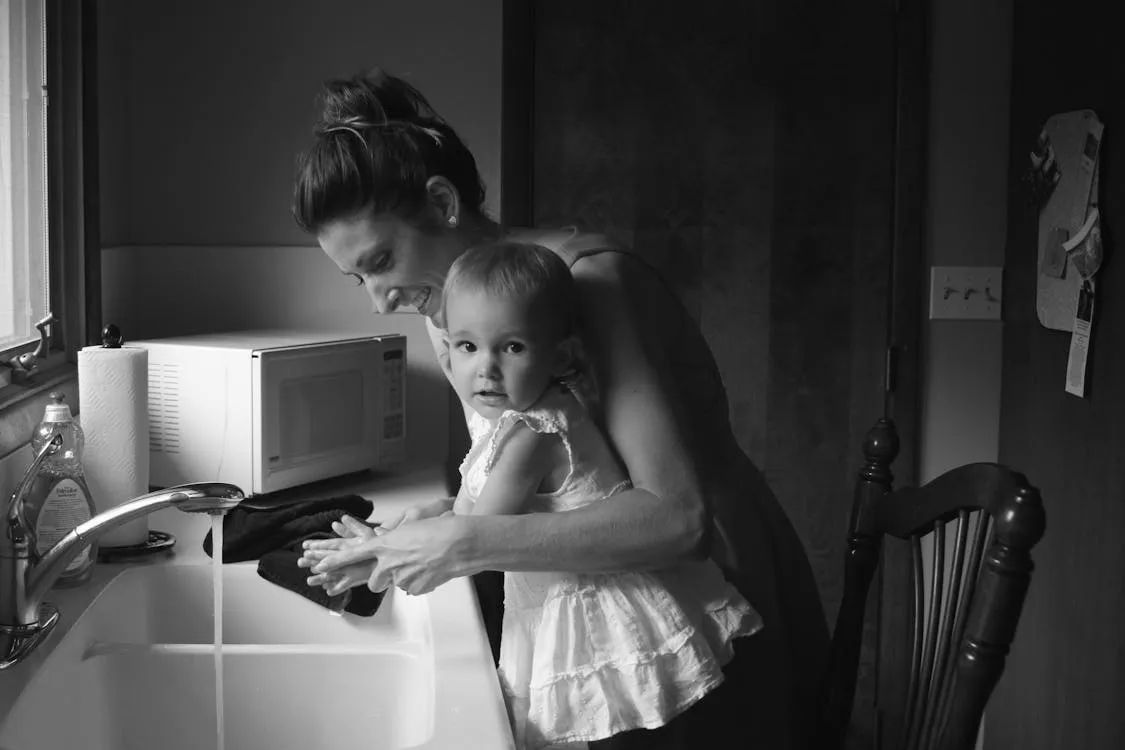Prague is currently battling its most serious hepatitis A outbreak in decades. According to the Hygiene Station of the Capital City of Prague, ten people have already died this year after being infected, and more than 800 cases have been recorded – including nearly 150 among children. Across the Czech Republic, there have been 21 deaths this year, compared to just two in 2024.
As the National Institute of Public Health (SZU) reports, the infection hits the hardest among people with pre-existing liver conditions or weakened immunity. Nearly half of the fatalities were between 50 and 69 years old, and many of the most severe cases involve homeless people or those with alcohol-related health issues.
Nearly Half of All Czech Cases Are in Prague
Prague alone accounts for almost half of all hepatitis A cases in the country. The numbers have been rising rapidly – from six in January to over 200 in September. It’s the second-worst epidemic since 1989, with only 1996 seeing more cases nationwide.
The City of Prague has reacted quickly. In cooperation with the Hygiene Station, it has launched a major public information campaign to raise awareness and slow the spread. The campaign includes leaflets, digital panels across the city (CLV), social media posts, and information in public offices.
The Prague Public Transit Company (DPP) has also stepped up – increasing both the frequency and strength of disinfection in trams, buses, and metro stations, bringing cleaning protocols back to COVID-era levels. The Hygiene Station continues to remind everyone that thorough handwashing and vaccination remain the best protection against hepatitis A.
Symptoms and Prevention
Early symptoms resemble those of the flu – fever, fatigue, nausea, and abdominal pain. Later, the disease causes jaundice (yellowing of the skin and eyes), dark urine, pale stools, and itching. The virus spreads primarily through unwashed hands or contaminated food and water.
Health authorities continue to urge residents to practice proper hygiene and consider vaccination. “Thorough handwashing and vaccination remain the most effective forms of protection,” the Prague Hygiene Station reminded citizens on social media.
It’s no coincidence that today, October 15, is World Handwashing Day (Svetovy den myti rukou). Clean hands are the simplest and most effective way to prevent infections. As we often say in Czech – cleanliness is half of health.
What Visitors Should Know
If you’re visiting Prague right now, there’s no reason to panic – the risk to tourists remains low, especially if you follow basic hygiene habits. Still, a few practical tips can help:
- Wash your hands often, especially before eating or after using public transport.
- Carry a small sanitizer in your pocket or bag for when soap isn’t available.
- Avoid raw or unpeeled foods from unverified sources.
- Consider vaccination against hepatitis A, particularly if you travel frequently around Central or Eastern Europe.
As we wrote in our previous article about the outbreak, Prague’s health services are well-organized and proactive. The city has seen local epidemics before – from COVID to seasonal flu – and always managed them with care and transparency.

FAQs
What's Happening in Prague
What's Happening in Prague
Thing to Know
Get ready for your Prague trip by learning and understanding the local basics.

About Prague
Discover everything you need to know about Prague, from its rich history and stunning architecture to essential travel tips for first-time visitors.

Czech Currency
Learn all about the Czech currency, the Koruna, including its history, denominations, and essential tips for using money in the Czech Republic.

City Pass
Get the Prague City Pass to use public transport for free and enjoy entry to over 70 popular tourist sights and galleries. Save money and your time.











